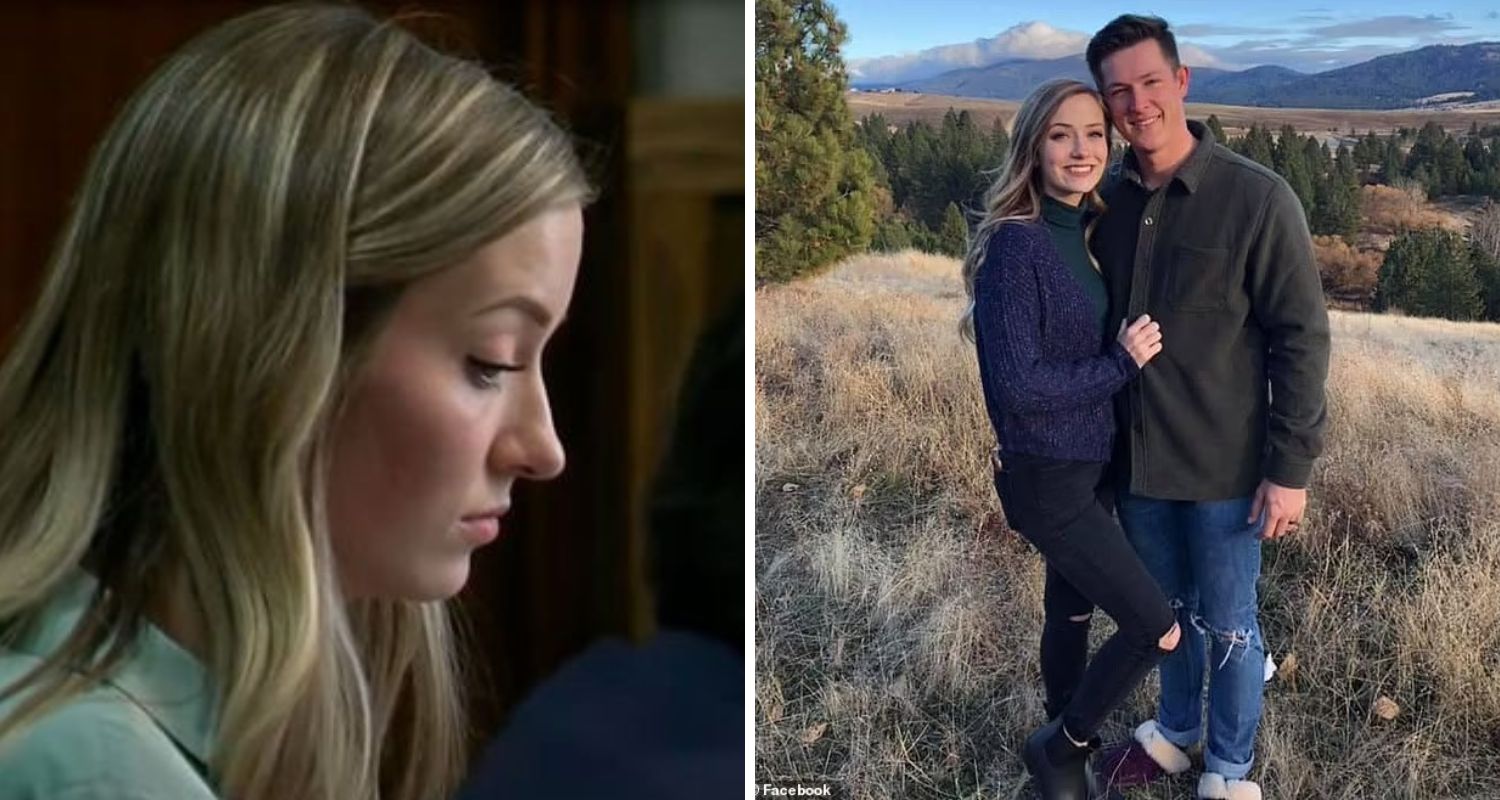The case of McKenna Kindred has recently garnered widespread attention, prompting discussions on legal ramifications, ethical boundaries, and the responsibilities of educators. This article aims to delve into the complexities of the case, examining the unfolding events and their broader implications.
Overview of the Case
McKenna Kindred, a 25-year-old teacher at Central Valley High School in Spokane Valley, Washington, was found guilty of engaging in a sexual relationship with a minor student. Despite her guilty plea, Kindred was not sentenced to jail time; instead, she received a two-year probation term and a mandate to register as a sex offender.
Legal Ramifications and Public Response
The decision of the legal system to opt for probation rather than incarceration for Kindred has sparked a contentious debate.
Some argue that the sentence is too lenient, considering the severity of the offense and the trust vested in educators. Conversely, others highlight the complexities of the legal proceedings and the plea agreement that led to this outcome.
Impact on Involved Parties
The consequences of Kindred’s actions have extended well beyond the confines of the courtroom. The 17-year-old victim has grappled with substantial emotional distress, bearing the weight of the ordeal.
Meanwhile, Kindred has openly expressed deep remorse for her conduct, recognizing the profound impact on her career and the trust she once held with numerous individuals.
This ripple effect underscores the lasting repercussions of such incidents, highlighting the emotional toll on victims and the personal consequences faced by those who transgress ethical and legal boundaries.
Conclusion
The McKenna Kindred case exemplifies the aftermath of crossing ethical boundaries and stresses the importance of maintaining professional ethics. It also emphasizes the critical need for a legal system that can effectively balance the scales between delivering justice and enabling rehabilitation.
The case sheds light on the complexities of teacher-student relationships, the impact of such misconduct on victims, and the broader implications for educational institutions and society at large. Ultimately, it serves as a stark reminder of the far-reaching consequences of ethical lapses and the imperative of upholding integrity and accountability in professional settings.
FAQs
Q: What were the charges brought against McKenna Kindred?
A: Initially, Kindred faced charges of first-degree sexual misconduct and communication with a minor for immoral purposes. These charges were subsequently revised to second-degree sexual misconduct with a minor and communication with a minor for immoral purposes.
Q: Why was McKenna Kindred not sentenced to jail time?
A: Through a plea agreement with prosecutors, Kindred admitted guilt to the revised charges and was sentenced to two years of probation instead of incarceration.
Q: Is McKenna Kindred obligated to register as a sex offender?
A: Yes, as part of her sentence, Kindred is required to register as a sex offender for a period of ten years.
Q: How has the victim been impacted by the incident?
A: The victim has endured significant emotional distress, with his mother noting that the events have disrupted his life and affected his ability to complete high school on campus.
Q: What statements has McKenna Kindred made regarding the case?
A: Kindred has expressed deep remorse for her actions, acknowledging her shame, the harm caused, and the toll on her mental well-being, career, and personal relationships.

